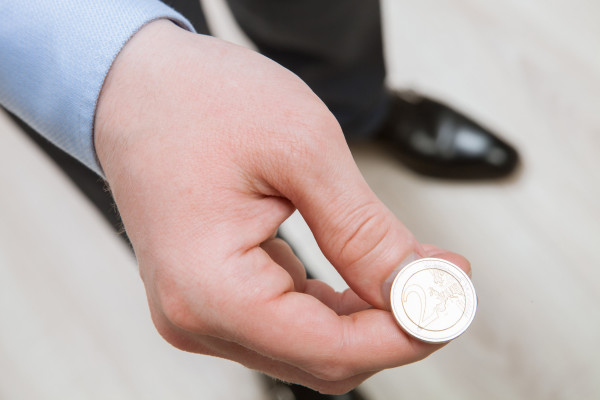Whatever approach you have adopted as a board, it is recommended that contemporaneous notes be kept of all meetings and all decisions taken at those meetings.
As most all boards will be meeting using some form of video conferencing then it is recommended that the meetings be recorded, and the recordings be preserved as a record if someone is not then going to go and take direct notes from that meeting.
We are all having to make a myriad decisions to cope with the fluidity of our current situation and while note taking may not be top of mind, having a recording of each interaction may well prove to be valuable evidence if any decisions of the directors in their response to Covid-19 are questioned by shareholders at any point in the future.
Duty to exercise independent judgement
A director must exercise independent judgement when making decisions on behalf of the company.
This does not mean that directors cannot rely on the advice of third parties, provided that they comply with their other duties.
In fact, most if not all boards should be taking some form of advice at the minute, be it from their external lawyers or accountants, just to ensure that they are across the latest developments in legislation and also best practice being adopted by other businesses.
Duty to exercise reasonable care, skill and diligence
A director must exercise the care, skill and diligence which would be exercised by a reasonably diligent person with:
a) the general knowledge, skill and experience that may reasonably be expected of a person carrying out the directors’ functions; and
b) the subjective knowledge, skill and experience of the actual director.
Where a director has specialist knowledge, this subjective element of the test imposes a higher duty on the relevant director. For example, if a director is a lawyer or an accountant, then that director would be expected to meet a higher standard of diligence, care and skill.
Duty to avoid conflicts of interest
A director must avoid situations where there is, or could potentially be an interest that conflicts with the interest of the company, whether directly or indirectly.
This particularly applies to the exploitation of property, information, or opportunity and is an objective test (that is, it does not depend on whether the director is or was aware of the conflict).
The duty to avoid conflicts of interest will not be breached if the situation cannot reasonably be regarded as likely to give rise to a conflict.
The duty to avoid conflicts of interest will continue to apply to former directors who have left the service of the company.











